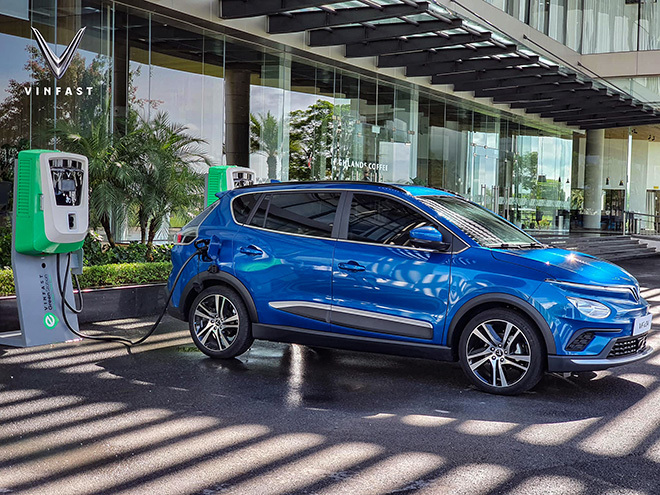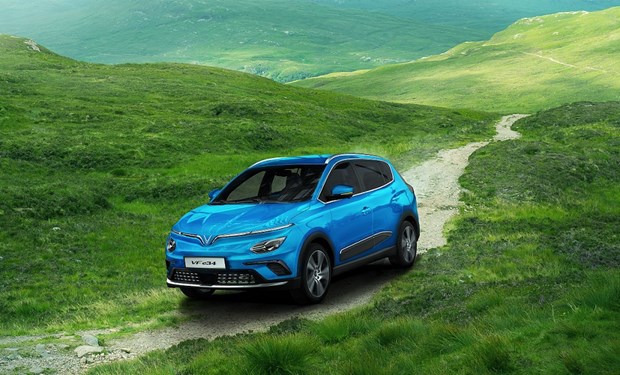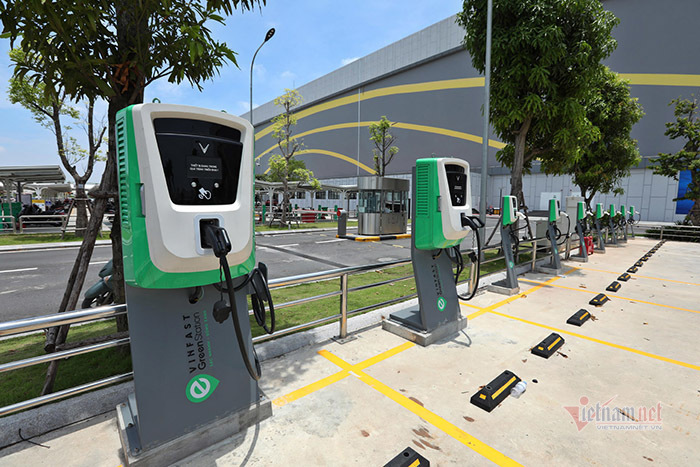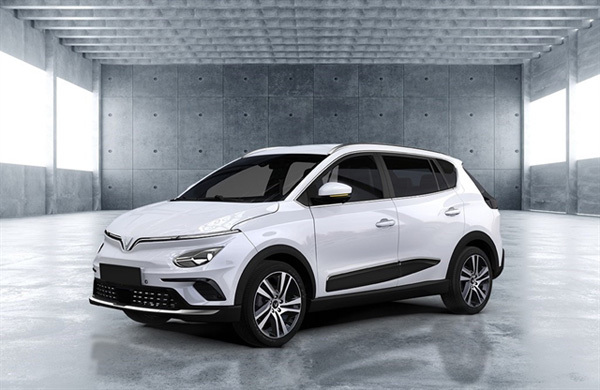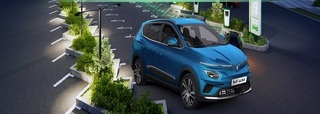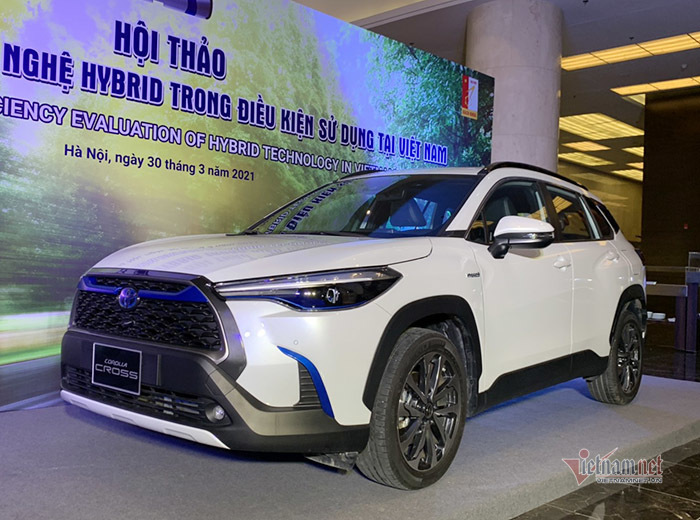- © Copyright of Vietnamnet Global.
- Tel: 024 3772 7988 Fax: (024) 37722734
- Email: [email protected]
electric cars
Update news electric cars
Once-in-a-lifetime opportunity to rewrite development scenario for VN auto industry
Developing electric vehicles is a "golden opportunity" that comes once every hundred years and a chance for Vietnam to rewrite the development scenario for the auto industry.
Vietnam’s electric vehicle index announced for first time
Vietnam’s electric vehicle index (EVI) has been announced for the first time, aiming to help enterprises in the value chain make decisions on production and business.
Investment in charging stations needed for electric car industry
Experts believe that electrified vehicles will be a trend in the world’s automobile industry, including Vietnam.
VAMA sets plans to develop local electric vechicles
Electric cars are an irreversible trend in the auto industry and are expected to grow strongly. To take advantage of this, the Vietnam Automobile Manufacturing Association (VAMA) has outlined plans to develop the local electric car industry.
Vietnam has golden opportunity to make electric cars
Vietnam will have 1 million electrified vehicles by 2028 and 4.5 million electric cars by 2050 if it takes full advantage of the current golden opportunity.
Finance Ministry proposes 50% cut in registration fee for electric cars
The Ministry of Finance is collecting opinions on a draft decree amending and supplementing a number of articles of Decree 140 of the Government on registration fees.
Vietnamese billionaire invests in battery manufacturing
Billionaire Pham Nhat Vuong’s Vingroup Corporation has announced it will contribute 51% capital, equivalent to 510 billion VND, to establish VINES Energy Solutions Joint Stock Company (VinES).
Roadmap needed to develop ‘clean’ auto industry
To develop electric vehicle industry, charging stations, batteries and reasonable prices are all needed. But an overall policy for these issues is not yet available in Vietnam, particularly battery waste disposal and treatment.
Technology and industry critically important to reach developed-country status
VinGroup's investment in the auto industry is a great challenge, coming from high aspirations and showing a sense of responsibility to the country.
Vietnam in good position to start electric-car industry
Vietnam has the opportunity to manufacture electric cars more easily than other countries with already well-established auto industries because Vietnam has no auto industry that would need to to sacrificed, experts have said.
Supporting policies to develop electric cars needed: official
Vice Chairman of the National Traffic Safety Committee Khuat Viet Hung talks about proposals to the Government to promote green and environmentally friendly traffic in Vietnam.
Battery technology will determine race for electric cars
Only when fast-charging batteries along with a nationwide system of charging stations will electric cars become popular in Vietnam.
When will Vietnam begin to make electric cars?
On March 24, Vinfast made headlines after releasing its statement about receiving orders for its first electric car model VF e34 for VND690 million (about $32,000), to be delivered in the third quarter of 2021.
Hybrid electric vehicles to account for 30% of market by 2030
Hybrid electric vehicles (HEV), which have maximum fuel economy, low emissions and smooth operation, are suited to Vietnam’s climate and transport conditions, experts say.
Vietnam to give tax incentives to automobile manufacturers, electric car imports
 Prime Minister Nguyen Xuan Phuc has instructed the Ministry of Finance (MoF) to look at taxes and fees related to automobile manufacturing and assembly in order to help the sector grow.
Prime Minister Nguyen Xuan Phuc has instructed the Ministry of Finance (MoF) to look at taxes and fees related to automobile manufacturing and assembly in order to help the sector grow.
Volkswagen sold over 10 million cars last year. Only 1% were electrified
Volkswagen sold a record 10.8 million cars in 2018. Only 100,000 were electrified.
Ford to boost investment in electric cars by 2022
Ford says it will boost its investment in electric vehicles to $11bn (£8bn) in the next five years, more than doubling a previous commitment.
Volkswagen spends billions more on electric cars in search for mass market
Volkswagen is stepping up its shift to electric cars and plans to invest more than 20 billion euros ($24 billion) in zero-emission vehicles by 2030 to challenge pioneer Tesla in creating a mass market.
Electric cars win? Britain to ban new petrol and diesel cars from 2040
Britain will ban the sale of new petrol and diesel cars from 2040 in an attempt to reduce air pollution that could herald the end of over a century of reliance on the internal combustion engine.
China, Europe drive shift to electric cars as U.S. lags
Electric cars will pick up critical momentum in 2017, many in the auto industry believe - just not in North America.
